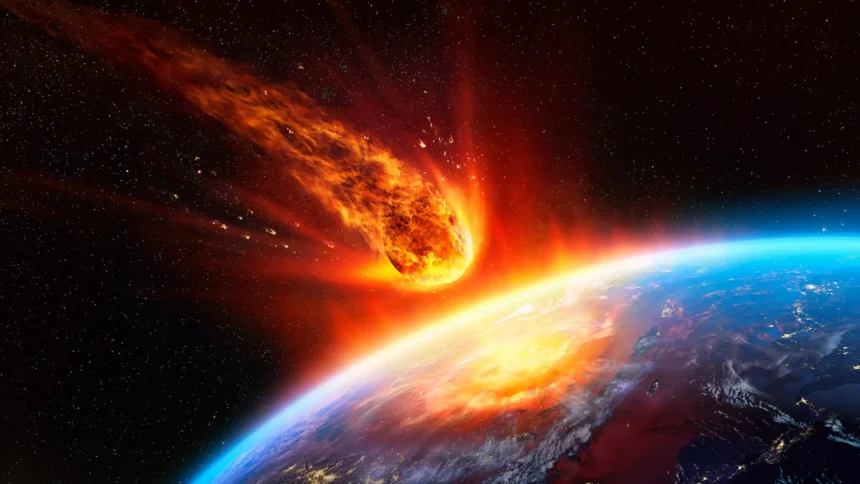NASA recently captured images of two asteroids that made close passes near Earth. Utilizing the Goldstone Solar System Radar in California, the space agency successfully transmitted radio waves to these asteroids and analyzed the reflected echoes to gather valuable data.
What’s Happening & Why This Matters
Asteroid 2011 UL21
The first asteroid, 2011 UL21, passed within 4.1 million miles of Earth, approximately 17 times the distance to the Moon. Measuring nearly one mile wide, NASA captured faint images revealing that it is spherical and has a small moonlet orbiting it. This was the first time 2011 UL21, discovered 13 years ago, came close enough to Earth to be imaged by radar. The moonlet orbits the asteroid at a distance of about 1.9 miles.
Asteroid 2024 MK
The second asteroid, 2024 MK, came even closer, passing at 184,000 miles, or about three-quarters the distance between Earth and the Moon. This asteroid is about 500 feet wide, and NASA obtained clearer images using a combination of radar systems. Such close approaches of near-Earth objects of this size are relatively rare, occurring once every couple of decades on average.
Impact and Significance
Despite the relatively close flybys, neither asteroid posed any danger of hitting Earth. However, had they collided with our planet, significant damage could have occurred. An impact from 2011 UL21 could cause serious devastation, while 2024 MK could destroy a city. To mitigate such risks, NASA has demonstrated its capability to alter an asteroid’s orbit, thereby protecting Earth from potential impacts.
TF Summary: What’s Next
NASA continues to monitor near-Earth objects, employing advanced radar technology to gather critical data. These observations not only enhance our understanding of such celestial bodies but also improve our planetary defense capabilities. Future missions will focus on further developing and refining techniques to safeguard Earth from potential asteroid collisions.
— Text-to-Speech (TTS) provided by gspeech




